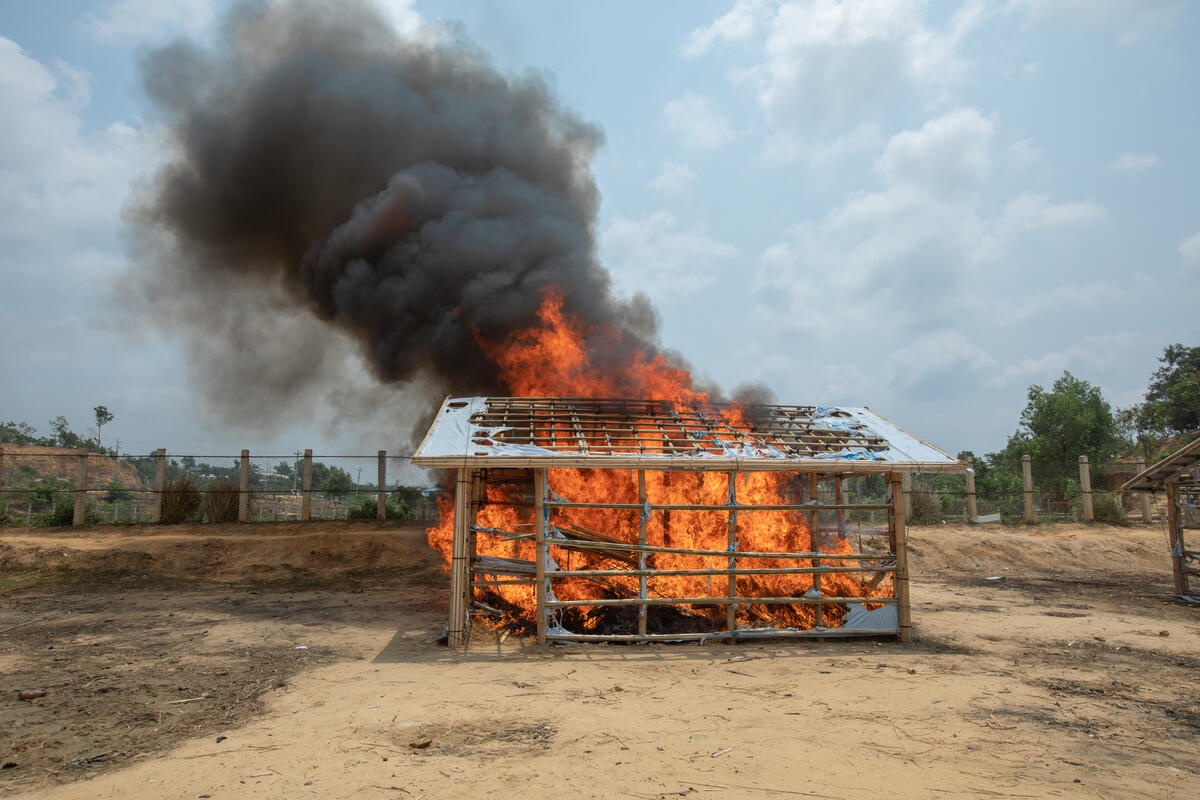Brazil welcomes first Central American refugees under regional resettlement programme
Brazil welcomes first Central American refugees under regional resettlement programme
A group of 11 refugees from El Salvador and Honduras landed in Brazil on Thursday (30 May) making the first movement under the country’s State–Funded Resettlement Program for people fleeing persecution and life-threatening situations in the North of Central America.
With the arrival of these refugees - on a flight from Costa Rica - Brazil is providing much needed support to the Protection Transfer Agreement (PTA).
Launched in 2016, this innovate life-saving programme aims at providing safe and legal access to protection and permanent solutions to individuals facing imminent threats in their country of origin - even before they are forced to undertake a dangerous journey to seek safety.
The group includes two families from El Salvador and one from Honduras, identified by our partners as facing life-threatening risks. After transit through Costa Rica, they were welcomed by local officials, UN staff and others from the community on arrival at Salgado Filho Airport in the city of Porto Alegre in southern Brazil.
Since the launch of the PTA programme, more than 383 refugees from the North of Central America have been resettled to the United States of America, Australia, Canada and Uruguay.
UNHCR, the UN Refugee Agency and the International Organization for Migration (IOM) have been providing support to run the regional protection initiative.
The initiative is part of a broader collective action plan, the MIRPS, adopted by Mexico and five countries in Central America, as a regional application of the Global Compact on Refugee that calls for a greater sharing of responsibility for refugee situations, an emphasis on refugee self-reliance and support to host communities, alongside stronger partnerships.
Violence and insecurity in the North of Central America have driven nearly 600,000 people from their homes in recent years, of whom 350,000 have sought asylum worldwide.
For more information on this topic, please contact:
- In Brazil, Luiz Fernando Godinho, [email protected], +55 61 818 709 78









